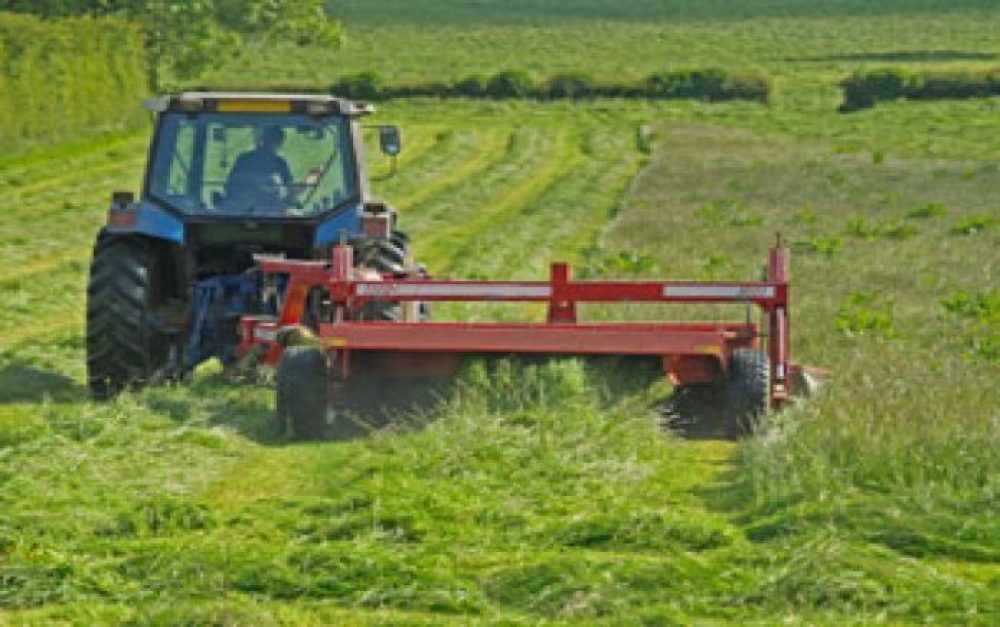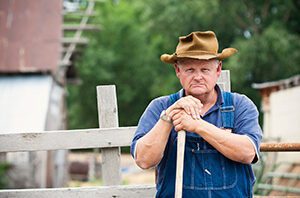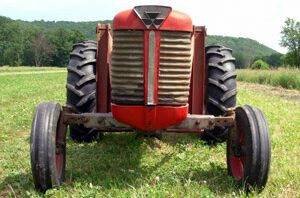This week, the Administration and Congress are poised to make huge cuts to vital conservation programs that may spell the end of the Farm Bill as we know it. We must oppose this short-sighted lunacy, and the time is now.
Please join the National Sustainable Agriculture Coalition (NSAC) and PAN as we urge the leader of the Senate Agriculture committee, Senator Debbie Stabenow (D-MI), to do everything possible to protect Farm Bill conservation funding. You can email Senator Stabenow even if you're not in Michigan — I did, it's easy. She needs to know that people across the country care about conservation.
Every five to six years Congress renegotiates the Farm Bill and in it, the budget for USDA's conservation programs. But periodically, there are other budget negotiations that affect conservation funding. The current — highly politicized — rush to hammer out an overall federal budget for the rest of this fiscal year is one such moment.
What’s at stake?
Our capacity to produce ample, healthy food depends on the protection of soil, water and air resources. Indeed, our very future depends on it. Every year thousands of farmers across the country receive support as they implement conservation practices that ensure the long-term viability of their farms and protect rural communities.
Farm Bill conservation programs can also leverage additional funding — a win-win situation. In each state, the Natural Resources Conservation Service (NRCS) manages USDA conservation funds. In 2009, California's NRCS almost doubled USDA's conservation funding by leveraging partnerships, including with the private sector. More than 2350 conservation contracts were awarded; USDA's $77 million became more than $150 million with funding from project partners.
Here's a sampling of California's conservation projects that year, to give you the flavor of what's at stake nationally:
- Replacing 582 diesel engines used on farms with engines that are 75% cleaner (equivalent to 153,000 fewer cars);
- Provision of substantial pollinator benefits through establishment of 57 miles of hedgerows and 36,000 acres of natural habitat; and
- 158 contracts to organic and transitioning farmers, with some expected to be energy independent in two years.
What are the numbers?
When it comes to agriculture, the current budget cutting discussions seem to focus entirely on conservation programs; leaving untouched other programs including marketing assistance, energy programs, crop insurance and commodity subsidies.
The controversial commodity programs should not be spared the ax — but due to strong support from agribusiness heavyweights, cuts here don't even seem to be on the table. In 2010, USDA payments to commodity crops like corn, soy, cotton, wheat and rice were roughly $22.6 billion, with the vast majority going to a relatively small number of very large industrial farms. Less than half this amount ($9.3 billion) was allocated to conservation and forestry combined.
While California produces proportionately fewer commodity crops than other states, it provides a good example of the inequities of the commodity programs. A report by the Environmental Working Group shows that while the market value of California’s cotton and rice crops was less than 3% of the state’s total agricultural output in 2008, more than 44% of federal crop subsidies went to cotton and rice growers ($198 million and $73 million respectively) — nearly double the combined support for the state’s fruit, vegetable and nut crops. As a result, subsidies outpaced conservation funding for agriculture by more than five to one.
As NSAC explains, the proposed cuts from the conservation title of the Farm Bill translate into $2.5 billion less for conservation over five years, and nearly $5 billion over the next ten years. These are cuts we truly can't afford.
So please, send that email to Senator Stabenow today, and tune in to NSAC’s up-to-date analysis of budget negotiations. Keep an eye out for alerts on how you can help protect conservation programs and the support they provide to farmers across the country working hard to protect the natural resources upon which we all depend.








